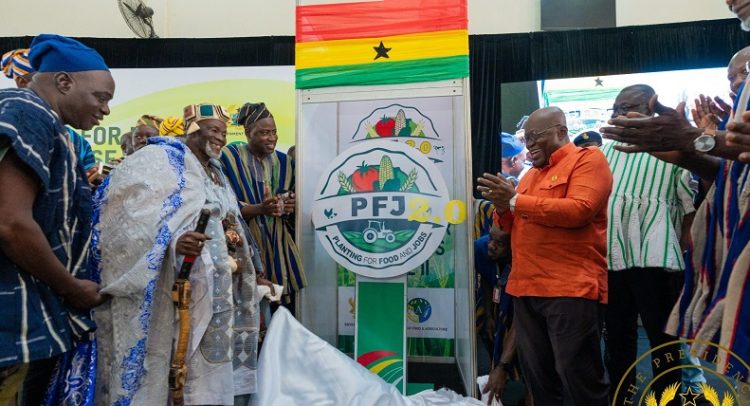
President Akufo-Addo with Ya-Na and other dignitaries after unveiling PFJ II
President Nana Akufo-Addo, has launched the second phase of the government’s flagship agriculture programme, Planting for Food and Jobs (PFJ) in Tamale, Northern Region.
According to him, the PFJ phase II will consolidate the gains made so far under the first phase.
Addressing participants at the launch in Tamale, President Akufo-Addo said the first phase launched in 2017 benefitted over 2.7 million farmers and other value chain actors across the country, under five broad modules – food crops; tree crops, also known as the Planting for Export and Rural Development (PERD), horticulture, livestock sector, known as Rearing for Food and Jobs and; mechanisation, under which the government sought to reduce drudgery in farming, partly through the establishment of Agriculture Mechanisation Centres throughout the country.
He indicated that the significant successes, including a relatively stable food security environment with food self-sufficiency in major food staples such as maize, cassava, and yam, have been recorded albeit with some challenges.
The President noted that over the last six years of the programme, there has also been increased agricultural sector growth rate, from 2.7 percent in 2016 to an average of 6.3 percent from 2017 to 2021, and an improvement of nearly 50 percent in rice self-sufficiency in 2022, from 29.1 percent in 2016.
He said the PFJ phase one encountered some limitations during implementation, despite its successes which include heavy financial burden on the government imposed by subsidies on seeds and fertilisers; limited adoption of the value chain approach; limited access to agricultural credit; low prioritisation of national strategic stock; ineffective monitoring of input suppliers and distributors and; targeting of only smallholder farmers.
“Six years into the implementation of the programme, I am delighted that we are here today for the launch of the second phase of the Planting for Food and Jobs programme (PFJ 2.0). It may not sound too long, but the dynamics have changed and exacerbated our challenges on the agriculture front to warrant a strategic response such as the PFJ 2.0. Not only have adversities such as climate change and COVID-19 impacted agriculture globally, but also lately the Russia-Ukraine war is a major cause for concern because of its tendency of disrupting global food supplies,” he stated.
President Akufo-Addo disclosed that the recent Dakar II Summit which assembled African Heads of State and Governments to highlight the looming threat to food security in Africa and commit to country compacts for addressing the threat head-on, constitute a timely call to action, adding that Ghana’s response to the clarion call, is evident by the launch of PFJ 2.0, which represents a strategic shift in the country’s agricultural development.
He commended the Minister for Food and Agriculture and his team for taking the initiative to review the implementation of the PFJ campaign, and to come out with the Phase II outlining very bold measures to accelerate the transformation of the country’s food system.
He said the new approach – input credit system will address the challenges farmers face in assessing the necessary inputs to maximise their production potential, and emphasised the government’s commitment to taking decisive steps towards addressing these challenges, particularly financial constraints which he said continue to hinder farmers’ access to inputs.
“Today marks a significant milestone in our nation’s agricultural development as we gather here to launch the Input Credit System—an initiative that holds immense potential to accelerate the growth of our agricultural sector. This system represents a transformative approach towards empowering our farmers, enhancing productivity, and fostering sustainable agricultural development in Ghana.
“The initiative is a testament to the government’s unwavering commitment to the growth and prosperity of farming communities. By providing credit to farmers, the government is empowering them to make informed choices and invest in the inputs that will significantly boost their productivity.”
“We understand that increased agricultural productivity is the cornerstone of economic growth, rural development, and poverty reduction, and will contribute to the overall stability of food supply, promote financial inclusion, enabling farmers to build credit histories and access formal financial services that were previously out of reach,” he pointed out.
But to ensure the success of this system, he said there will be an emphasis on building institutional solid frameworks, fostering public-private partnerships, and providing the necessary support to farmers, as well as a focus on capacity building and extension services, equipping farmers with the knowledge and skills needed to utilise the inputs and implement improved farming practices effectively.
The King of Dagbon, Ndan Ya Naa Abukari II, said PFJ programme implemented by the government as their flagship social interventions to improve the livelihoods of the majority of Ghanaians engaged directly and indirectly in agriculture, has largely met its objectives.
“We the people of Northern Region play a great role in the provision of food for the nation and are therefore grateful to you for appreciating this and selecting our region to host this very important event,” he said.
The King of Dagbon noted that agriculture being the main preoccupation of the people of the north, they are in a better position to understand the importance of having firsthand opportunity in understanding what the second phase is all about and preparing themselves to take advantage of it to improve their livelihoods.
“The first phase of the programme has impacted positively on rice production in Northern Region, while reducing the expenses incurred in cultivation. Your Excellency, we would want this positive trend to be sustained, especially fertiliser subsidies, and agricultural mechanisation. The expansion of the beneficiaries would not hurt, especially in the Northern Region, and would go a long way to help wean Ghana completely from the dependence on imported rice,” he pointed out.
The Ya Naa expressed his gratitude to the President for his continued support for Dagbon and the Northern Region.
By Eric Kombat, Tamale

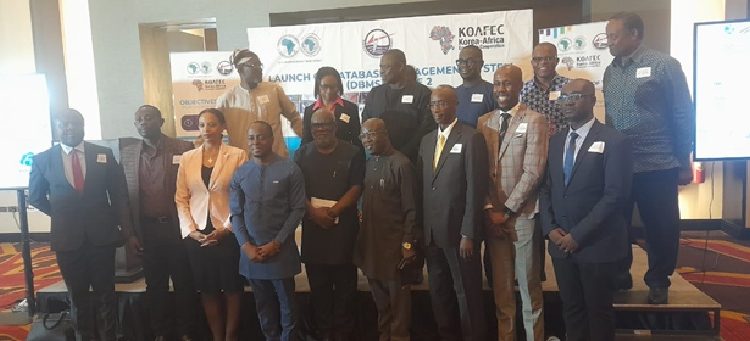
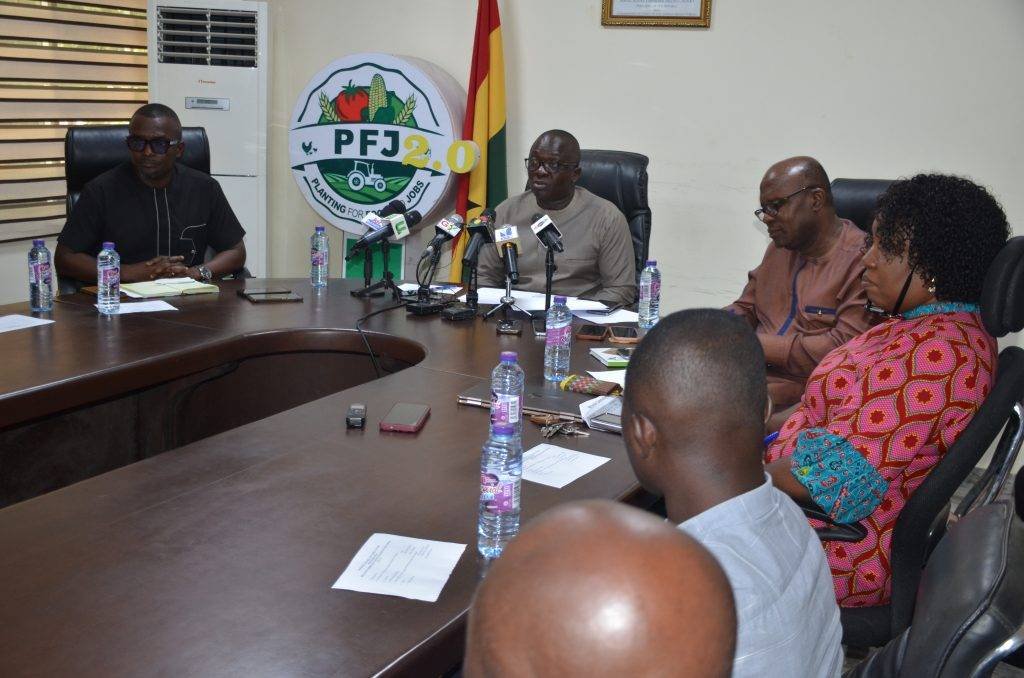




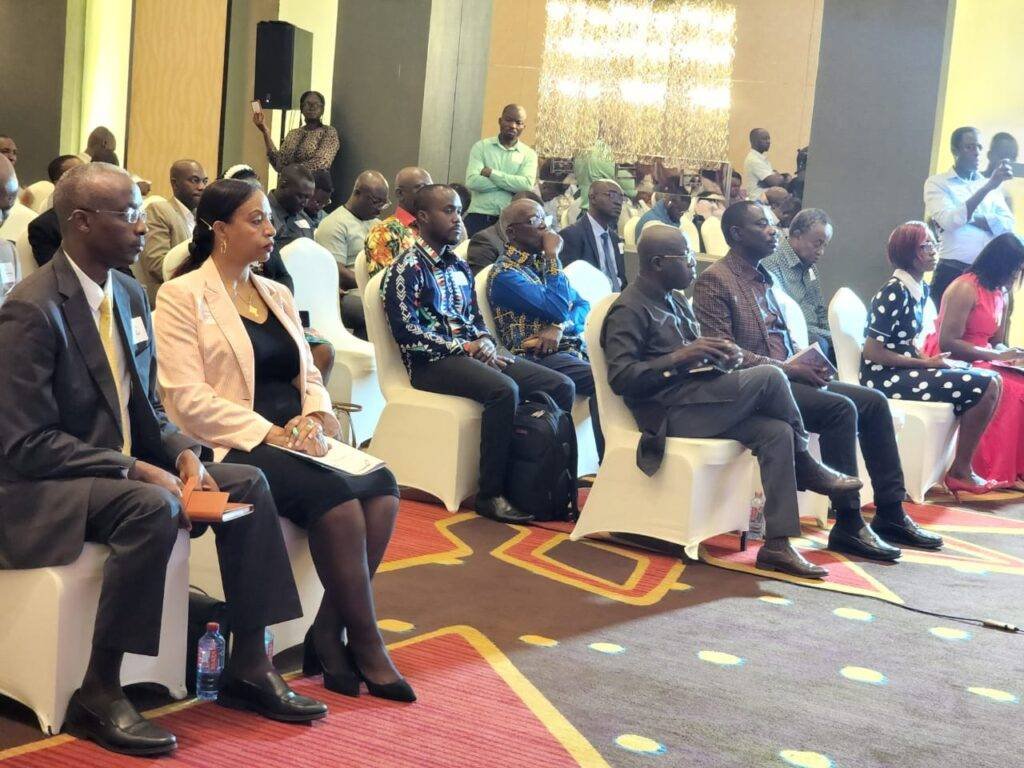




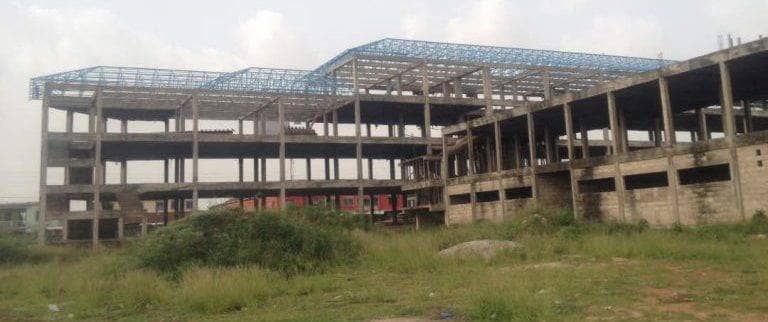


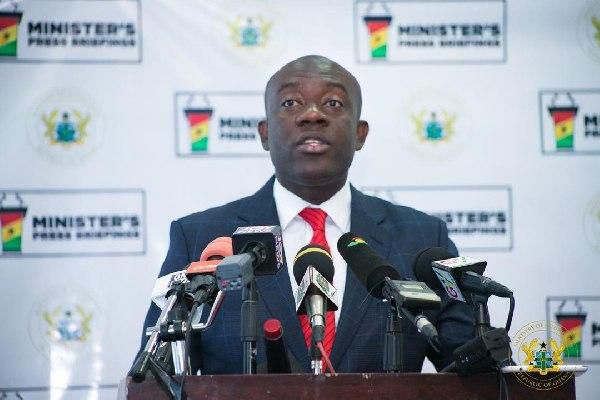
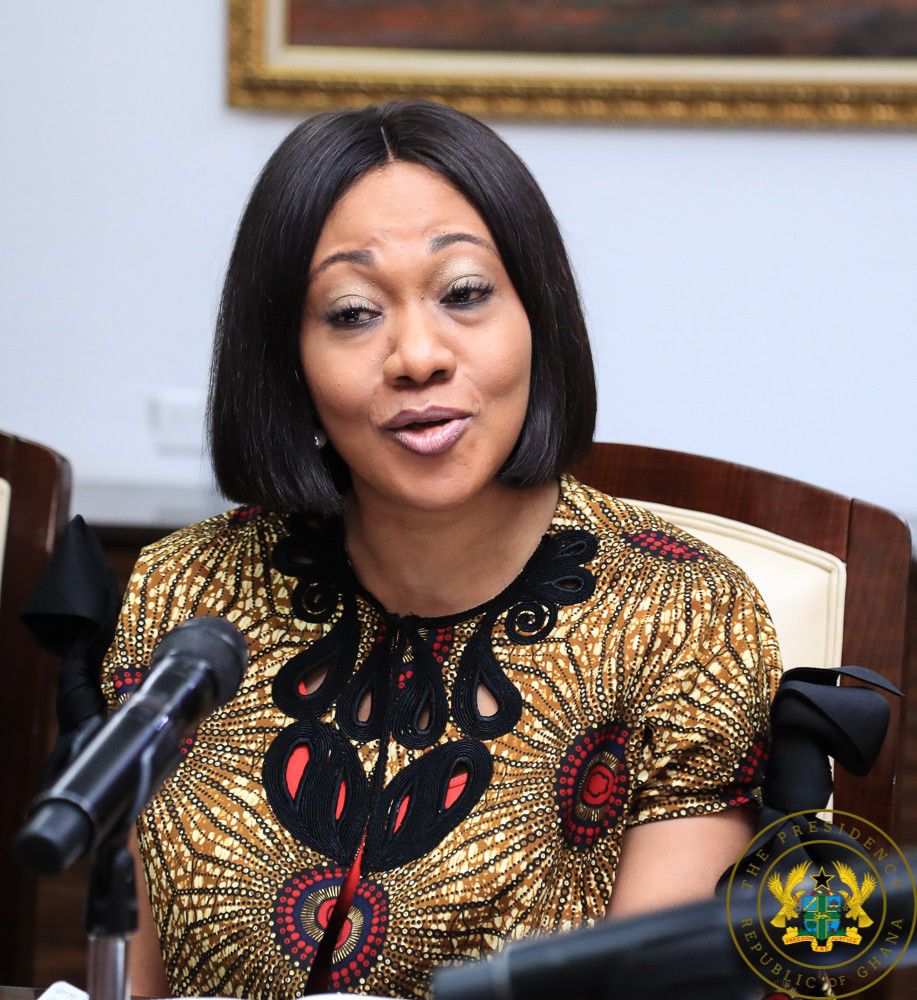






Facebook
Twitter
Pinterest
Instagram
Google+
YouTube
LinkedIn
RSS